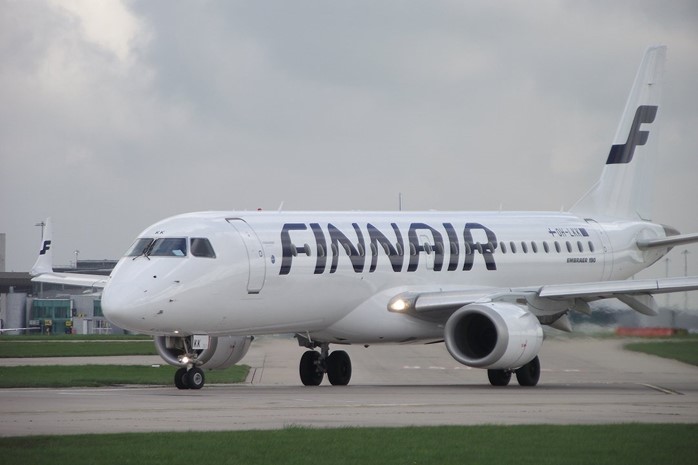Finnair has started talks on plans to reduce 1 000 jobs due to COVID-19 impacts and travel restrictions; long-term temporary layoffs continue for thousands of Finnair employees
The talks involve concern about 2,800 employees working at Finnair in Finland, and similar processes are conducted in Finnair’s units abroad. Finnair employs a total of approximately 6,700 employees, of whom 6,200 are based in Finland. Almost all of Finnair’s employees in Finland have been temporary laid off for a part of the spring and summer. In addition to the planned personnel reductions, Finnair will continue to apply temporary layoffs for practically all its personnel in Finland. The temporary layoffs can be either for fixed term or until further notice.
”COVID-19 is the deepest crisis of aviation. The pandemic and the exceptionally tight travel restrictions in Finland have impacted flight demand and we will operate only a small part of our capacity compared to last year. A rapid turn for the better in the pandemic situation is unfortunately not in sight. Our revenue has decreased considerably, and that is why we simply must adjust our costs to our new size”, says Topi Manner, Finnair CEO.
At the same time, the Finnish carrier said that it was targeting nearly €80 million in permanent cost base reductions by 2022, compared to 2019 levels.
After a thorough review of the sources for these potential savings, and in recognition that certain elements of the COVID-19 impact, such as remote working and its effect on business travel, are likely to be longer-term in nature, Finnair has increased its savings target by 20 million euros, increasing its initial expectations for a permanent reduction in its cost base of 100 million euros.
”Our revenue has decreased significantly due to the COVID-19 pandemic, and some of the main factors driving that decline appear to be persisting longer than initially expected. Therefore, we are adjusting our cost reduction targets to better address the situation, as there is no swift improvement in sight”, says Manner.

